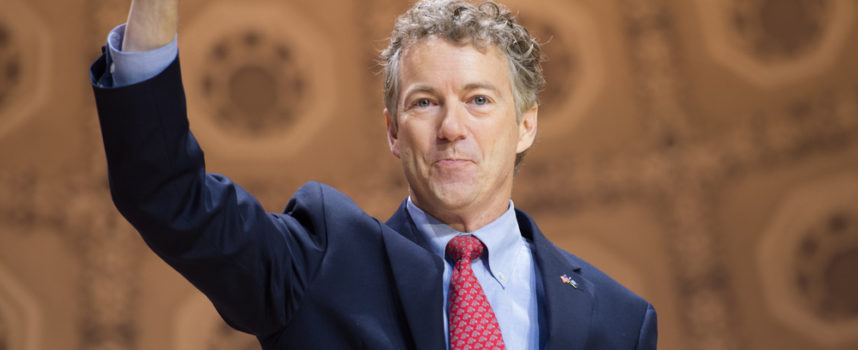Posts From Bruce Ashford
Raymond Aron is by no means the only intellectual who has argued that Marxism offers itself as a replacement for Christianity, but he is one of most the fascinating persons to have done so. For that reason, this post will provide a concise summary of two chapters of his book, The Opium of the Intellectuals, [ Read More ]
Recently, I hosted a one-day seminar on socialism at my home in Raleigh, facilitated by Romanian public intellectual Mihail Neamtu. The seminar is part of my ongoing research into authoritarian and totalitarian temptations in Western societies. For the seminar, we read portions of Romanian historian Mircea Eliade’s The Myth of the Eternal Return, French philosopher [ Read More ]
The Christian life should be in every way a precursor to, and an anticipation of, Christ’s promise that he will return one day to set the world to rights. On that day, everything that darkens the world and degrades our lives will pass away. Christ will renew all things. This is the Christian hope. And [ Read More ]
One of the pleasant surprises that has arisen from the political turmoil our nation experiences is a spike in the number of young Christians who take an interest in public theology. They may not always use the phrase “public theology,” but they are asking intelligent questions about issues at the intersection of Christianity, politics, and [ Read More ]
With the start of a new year, and with the newly passed U.S. Senate resolutions ending U.S. support for the war in Yemen, American Christians should pause to reflect upon a genuinely Christian approach to war and peace. No Christian—and for that matter, no “soldier worth his salt” (as General Schwarzkopf put it)—should be “pro-war.” We [ Read More ]
During the upcoming year, I will be researching the authoritarian and totalitarian impulses that exist in Western societies. In November, I read Hannah Arendt’s reflections on how to spot and resist totalitarian movements and Augusto Del Noce’s The Age of Secularization and The Crisis of Modernity, which argue that scientism and eroticism have combined to create a [ Read More ]
The last twenty years in American life has seen the rise of libertarianism as a force to be reckoned with in American politics, especially within the Republican Party. Libertarianism is a view that places an extraordinary emphasis on liberty—as it defines liberty—and orders society in a particular manner in order to achieve that liberty. [Note: [ Read More ]
During the upcoming year, I intend to study the authoritarian and totalitarian impulses that exist among portions of the Left and the Right in Western liberal democracies. I’ve just finished reading a fascinating book, Polish political philosopher Ryszard Legutko’s The Demon in Democracy: Totalitarian Temptations in Free Societies. I’ll also read Italian political philosopher Augusto [ Read More ]
It’s an age-old question, made more relevant by the insistence of media outlets and political pundits: Should pastors directly address contemporary political issues? Some commentators argue that Christianity offers a moral framework that is directly relevant to policy issues and thus the pastor should speak to politics. At other times the argument is made that [ Read More ]
Politics in the United States has, for some time, assumed a binary structure. On one side stand the Republicans, many of hold to some form of social conservatism. On the other side stand the Democrats, many of whom hold to some form of social progressivism. But what many Americans fail to see is that conservatism [ Read More ]










